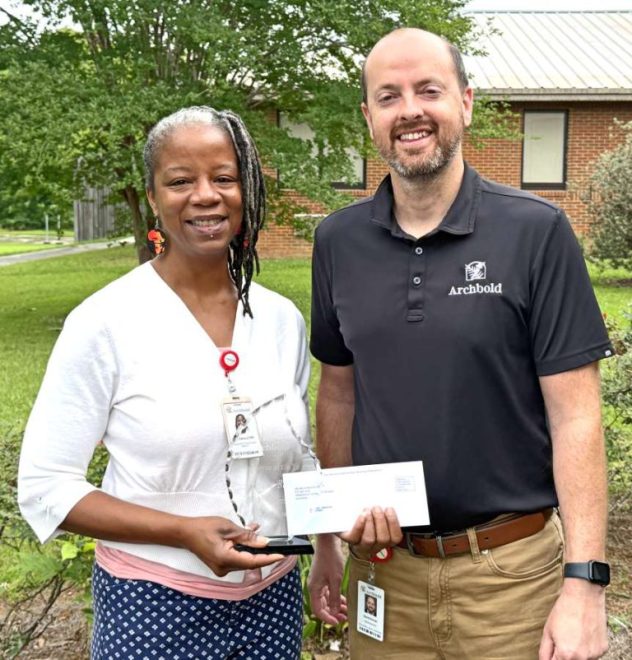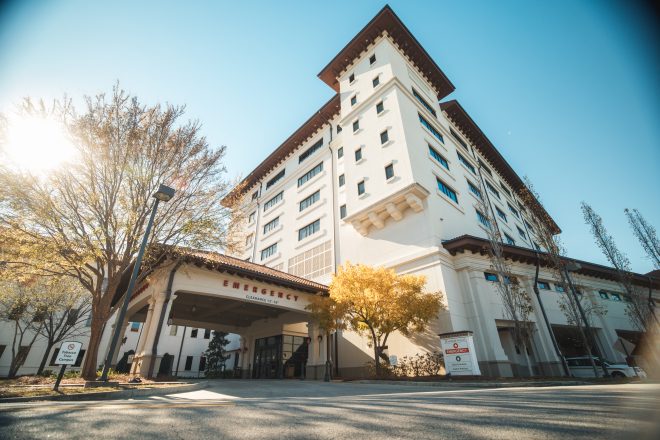Our Constitution not well understood
Published 3:31 pm Sunday, October 23, 2022
In recognition of Constitution Day a few weeks ago, I was honored to be part of a group asked to go into local high school classrooms to present copies of the Declaration of Independence and the Constitution to students. As part of that effort I offered a brief presentation about some of the history and motivations behind the Constitution.
In talking to those high school students, it became pretty clear to me that out of all of our founding documents the Constitution is the most misunderstood and underappreciated.
Trending
It would be all-too easy to say “oh these kids today, they just don’t know all of the important things we USED to know…” (ever hear anyone say that?), but doing so would be inaccurate and unfair. The truth of the matter is that too few adults grasp what is reflected in our Constitution, or why it even exists.
As I explained, the Declaration of Independence was our way of standing on top of the mountain and telling the world (specifically Great Britain) we were not just ‘saying’ we were an independent nation, we were in fact ‘declaring’ it. There is a difference: saying something means you merely voice the words. Declaring something means you are formally announcing it as a matter of fact.
As one young person so eloquently mused, “so the Declaration of Independence was a formal way for us to show our middle finger to the king.” While I’m not sure you’ll find such an explanation in any history book, the gist of the statement is accurate.
Our founding fathers didn’t see independence as a luxury – in their view it was an essential and God-given right. And to be clear, not a right given from a king, a queen, a judge, or even a president. It was a right that was ours as a result of our very creation and existence through a power far higher than any human being.
The founders felt that every human being was, by their nature, flawed, no more or less fallible than any other. In their view, there was a higher source of ‘inalienable’ rights that are ours by the basis of our existence as a creation of that higher power.
And that is where our founders felt the Constitution was an essential part of who and what we are as a nation. It wasn’t just enough to have the freedoms this new nation offered – there had to be guard rails in place to keep it on track and spell out those basic, indisputable rights.
Trending
Our Bill of Rights is the first 10 amendments of our Constitution that have been added to a total of 27 times (even though there have been over 11,000 proposed amendments throughout our national history which have been rejected).
One of the more interesting discussions with these young people was about how our government was deliberately designed to be a constitutional republic and not a democracy, as so many people believe. This was an important if not essential spoke in the wheel that was the Constitution and the Declaration of Independence. The reasoning behind this important design distinction was simple: the founders feared absolute rule by one person and mob rule in equal amounts.
In a true democracy, the rule of the majority is absolute, leaving no voice for anyone in the minority. As Benjamin Franklin is credited for so aptly describing it, “Democracy is two wolves and a lamb voting on what to eat for lunch. Liberty is a well-armed lamb contesting the vote.”
And it was the possibility of that kind of mob rule the founders feared that led them to create the ingenious electoral college system we have for our presidential elections. They knew that in their day all a candidate had to do was carry New York City, Boston, and Philadelphia, and the votes from the rest of the nation wouldn’t matter.
In the 18th century no other country in the world elected its leader, so the founders were blazing a new trail. America had just fought its way out from under a tyrannical king and overreaching colonial governors, so they understandably distrusted executive power.
One group believed that Congress shouldn’t pick the president because of too much opportunity for ‘back scratching’ corruption between the executive and legislative branches. The other camp was against electing the president by a straight popular vote, since 18th-century voters lacked the resources to be fully informed about the candidates, especially in rural outposts, and a fear of an influential “democratic mob” steering the country astray.
Here in 2022 nothing has changed. If we were a pure democracy, all a candidate would need to do to become president is win over Los Angeles, Chicago, Philadelphia, New York, and Houston and they would become very difficult to beat. The rest of the nation wouldn’t even matter.
Because it effectively neutralized the possibility of pure mob rule regarding elections and created a more balanced system where a vote from even the most rural geographical area mattered as much as one in the most urban, this electoral process was part of the original framework included in our Constitution.
Through the talk, a lot of head nodding took place. Teachers know that’s a positive sign.
I hope those students now have greater appreciation for what I feel is our most important national document. Perhaps after reading this, you will, too.





